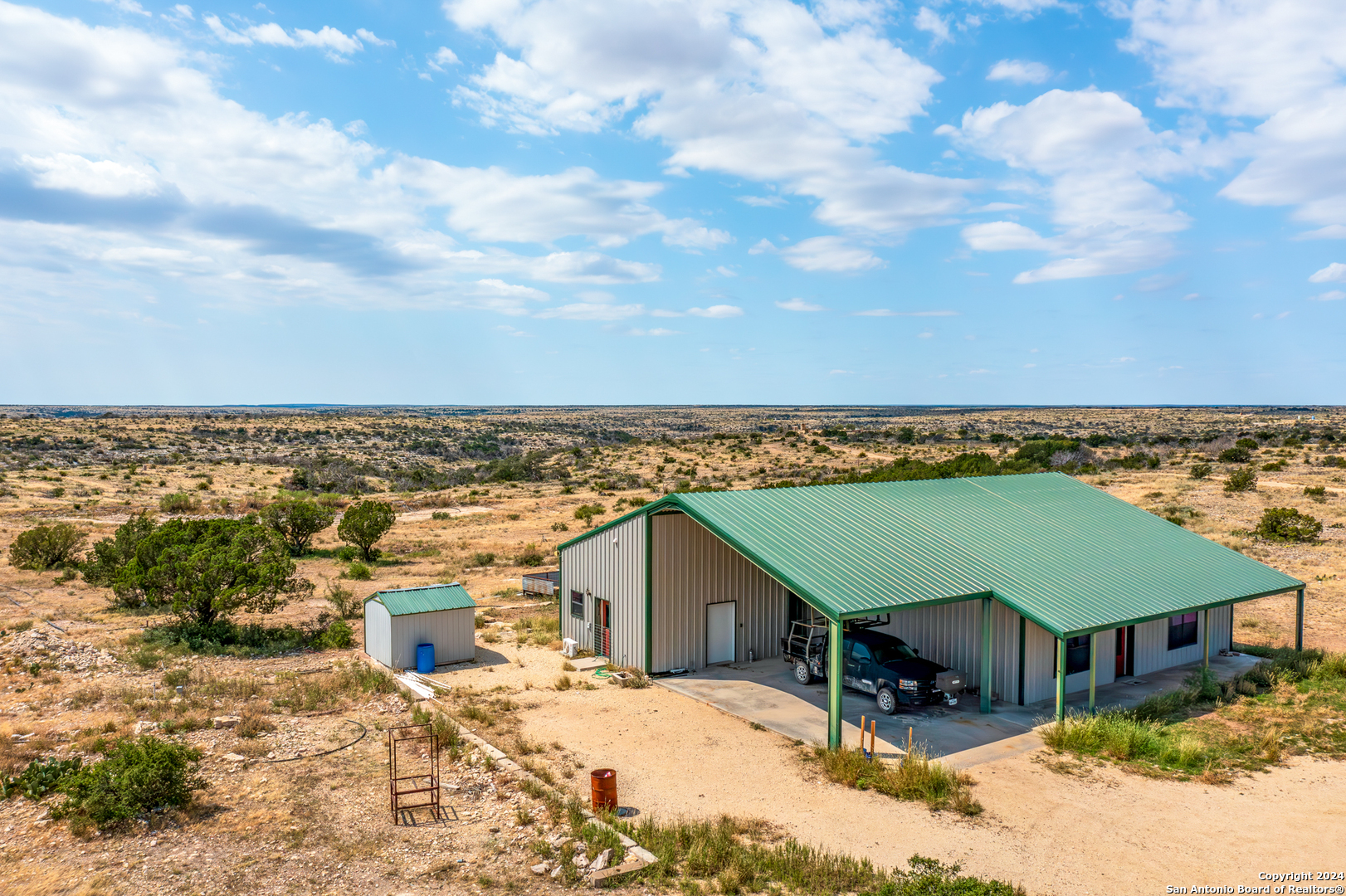January 28°F
July 93°F
Crockett County, located in the heart of West Texas, is known for its vast open spaces, rich history, and strong sense of community. Established in 1875, the county boasts rugged landscapes, clear skies, and a serene environment that captures the essence of the West Texas wilderness. With its unique blend of historical significance and natural beauty, Crockett County offers a tranquil and welcoming setting for residents and visitors alike.
AREA HISTORY
Crockett County was established in 1875 and named after the legendary frontiersman, Davy Crockett. The area was originally inhabited by Native American tribes such as the Comanche and Apache before European settlers arrived in the late 19th century. The county played a significant role in the development of the West Texas cattle industry, with many early settlers establishing ranches that continue to operate today. Historic sites, including the Crockett County Courthouse and the ruins of Fort Lancaster, offer glimpses into the county's rich past and its contributions to Texas history.
GEOGRAPHY
Crockett County, located in West Texas, features a diverse and rugged landscape. The county is characterized by vast open plains, rolling hills, and clear rivers, with the Pecos River being a prominent geographical feature. This river provides essential water resources and recreational opportunities. The terrain includes rocky outcrops, canyons, and desert vegetation, supporting a variety of plant and animal life. The climate is semi-arid, with hot summers and mild winters, making the area suitable for agriculture and outdoor activities. Crockett County's natural beauty and varied landscapes make it a unique and inviting destination for nature enthusiasts and outdoor adventurers.
ECONOMY
The economy of Crockett County is primarily driven by agriculture, with ranching and farming being central to the local economy. Cattle, sheep, and goat ranching are significant contributors, along with the cultivation of crops such as cotton, wheat, and sorghum. Oil production also plays a vital role in the county's economic landscape, with numerous oil fields operating in the region. Small businesses, including retail shops, restaurants, and services, support the local community and contribute to the economic vitality of the county. Efforts to promote economic development focus on enhancing agricultural productivity and supporting local enterprises.














